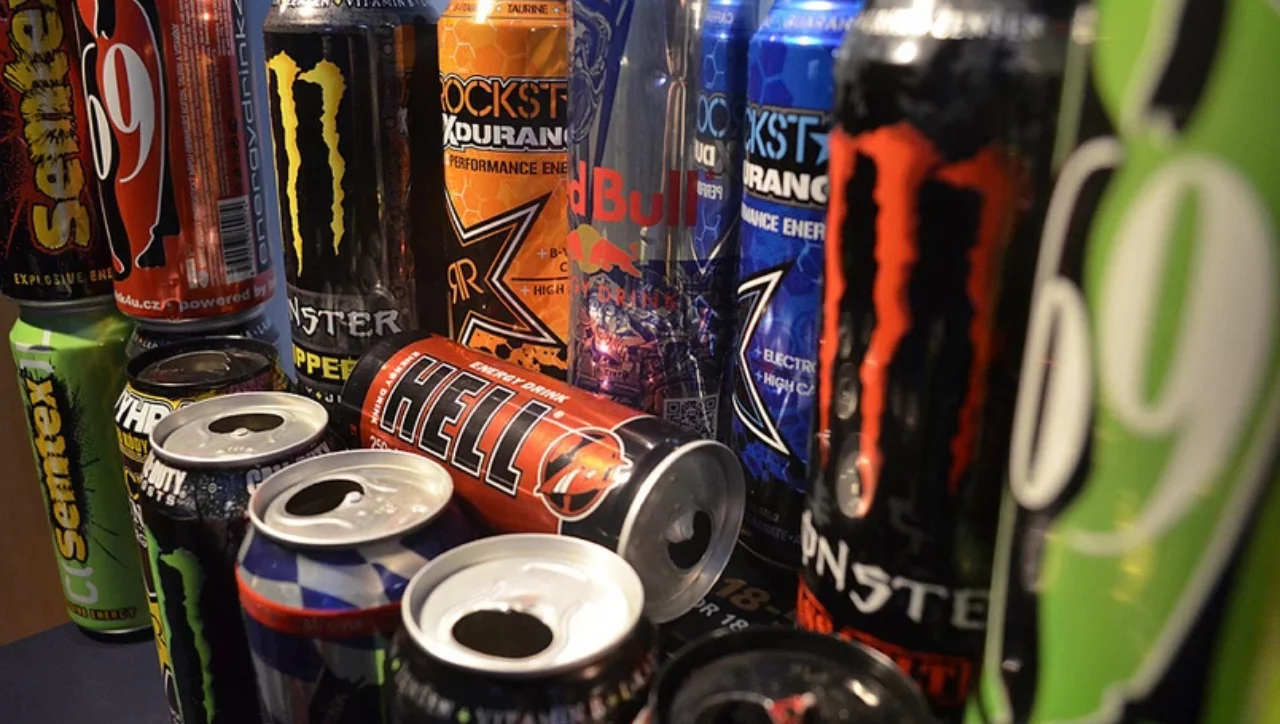Why are carbonated drinks and energy drinks dangerous for children?

In modern life, various sweet beverages — carbonated drinks, energy drinks, and artificially flavored juices — have become commonplace for children. However, the hidden dangers within these products often go unnoticed by most parents. Just how dangerous are these drinks that seriously threaten our children’s health? Let’s analyze this topic in more depth based on expert opinions and scientific research.
First and foremost, caffeine, artificial sweeteners, excess sugar, phosphoric acid, dyes, and preservatives in these drinks negatively affect children's growing bodies. Drinking just one bottle of soda per day can, within weeks, lead to the following issues:
.Sleep disturbances
.Irritability
.Attention deficit
.Frequent headaches
.Tooth enamel erosion
.Increased heart rate
.Obesity and excess weight gain
.Increased risk of diabetes
The World Health Organization (WHO) recommends that children consume no more than 25 grams of sugar per day. Yet a single 0.5-liter soda contains 35–40 grams — approximately 1.5 times the recommended amount.
Advertising trap: “With vitamins,” “energy boosting” doesn’t mean healthy
Many manufacturers advertise their products with slogans like “boosts energy,” “enhances focus,” “contains vitamins.” But these phrases mislead consumers. In fact, such drinks may temporarily increase alertness, but eventually weaken the body, causing fatigue and hyperactivity.
Additionally, some sweet drinks include artificial sweeteners such as aspartame, sucralose, and saccharin. Long-term consumption of these substances can weaken the immune system, disrupt digestion, and negatively affect hormone balance.
Caffeine — a foreign substance to the child’s body
The main ingredient in energy drinks is caffeine. This substance can be dangerous even for adults in large amounts. A child’s body cannot fully process caffeine, which can lead to:
.Heart rhythm disturbances
.Fluctuating blood pressure
.Anxiety and restlessness
.Loss of appetite
.Slowed bone growth
.Children’s hearts beat faster than adults', and caffeine artificially increases this further, putting extra strain on the heart muscle.
A warning for parents: pay attention to what your child drinks
Parents, especially during summer, want to give their children a cold drink. But instead, it’s better to opt for plain water, freshly squeezed fruit juice, milk, or ayran.
Also:
.Avoid storing sodas and energy drinks at home
.Talk openly with your child: explain the harms of these drinks
.Set an example — if parents don’t drink them, the child won’t either
.Teach your child to read labels when shopping Read “Zamin” on Telegram!
Ctrl
Enter
Found a mistake?
Select the phrase and press Ctrl+Enter 













